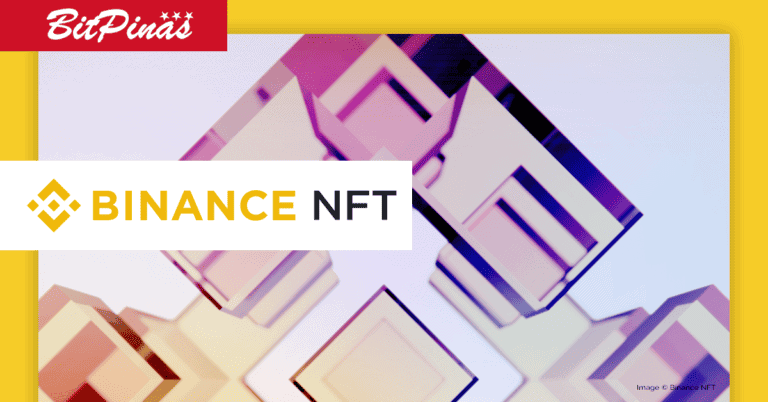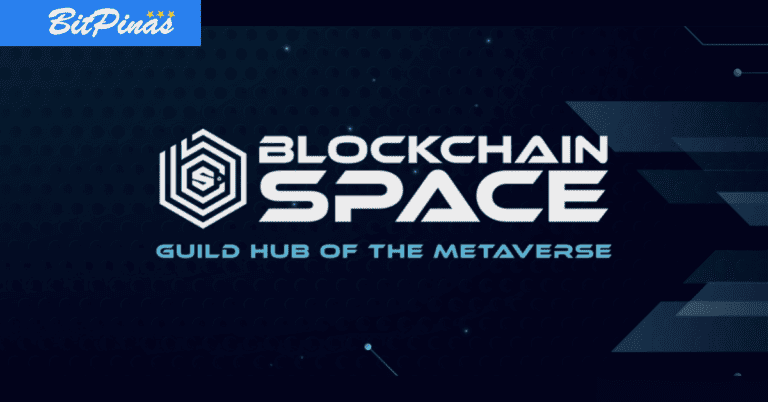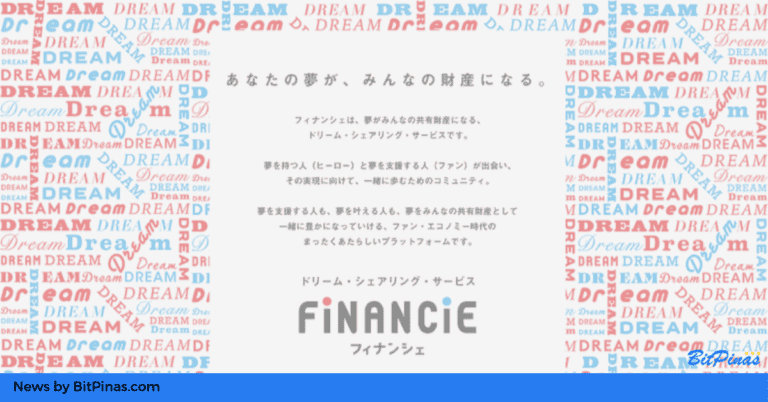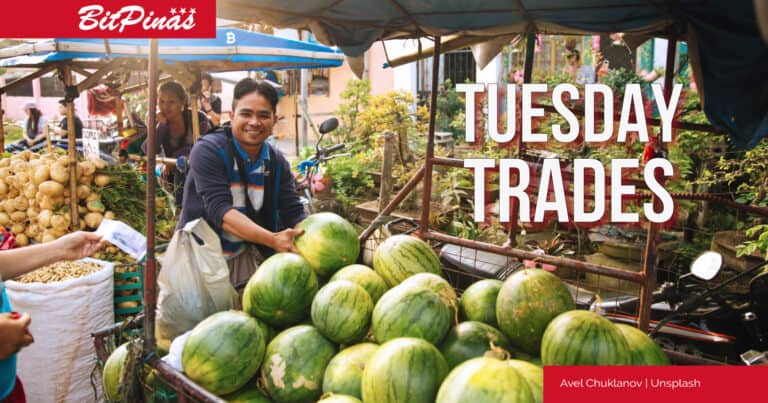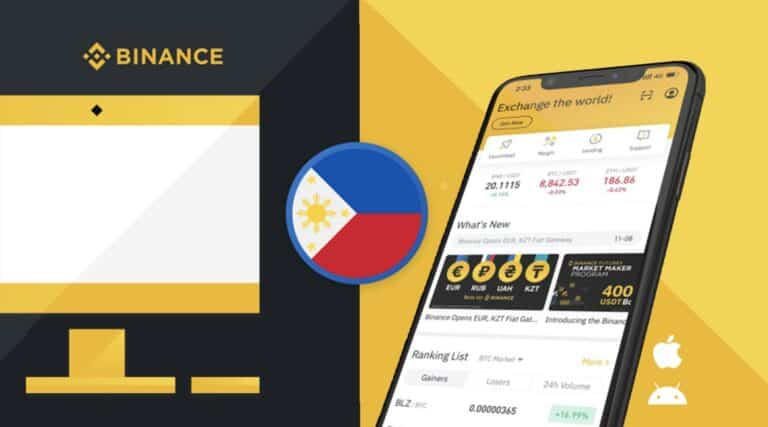97% of Uniswap Tokens Are ‘Rug Pulls’ –Report
Separate studies reveal that the majority of tokens and projects launched on UniSwap are malicious or rugpull.
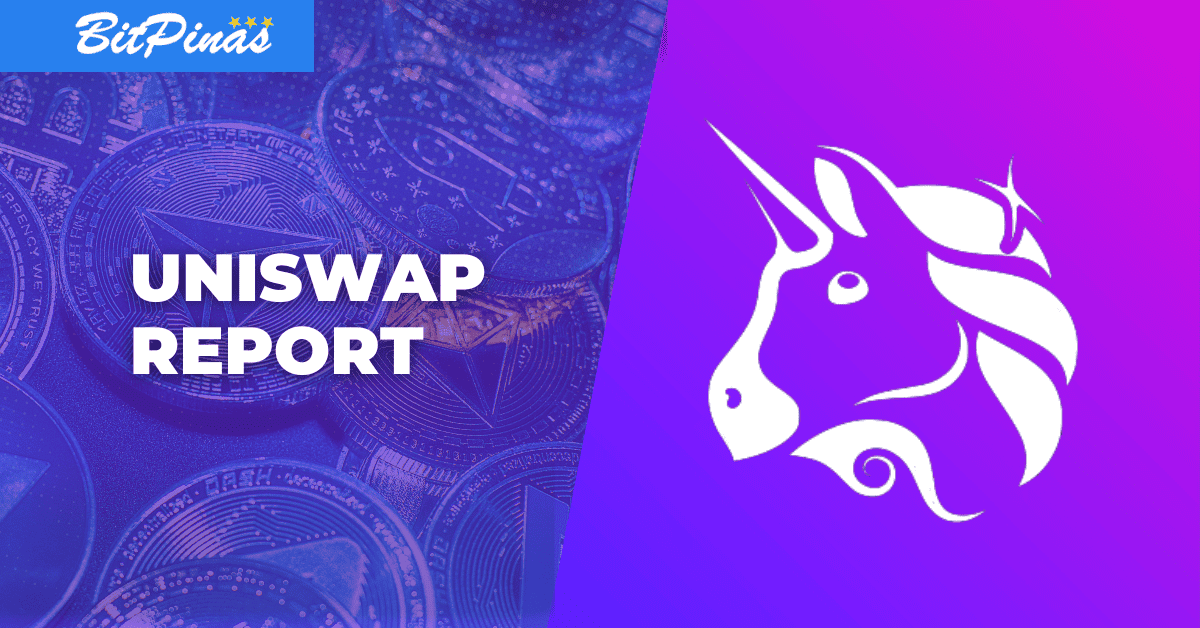
Subscribe to our newsletter!
Editing by Nathaniel Cajuday
Two studies conducted in 2021 and this year are both claiming that 97.7% of the tokens launched on the decentralized cryptocurrency exchange Uniswap are “using locking contracts that tend to become a rug pull or a malicious token eventually.”
Launched in 2018, Uniswap, the largest decentralized exchange (DEX) operating on the Ethereum blockchain, allows its users anywhere in the world to trade crypto without an intermediary.
In the above-mentioned 2021 study, the researchers utilized a machine learning algorithm that analyzed the transaction data in the exchange that later on determined that the Uniswap tokens are scams. However, the machine’s algorithm analyzer could only identify malicious tokens after the scams were already committed.
“We propose an accurate approach for flagging scam tokens on Uniswap based on a guilt-by-association heuristic and a machine-learning-powered technique. We have identified over 10K scam tokens listed on Uniswap, which suggests that roughly 50% of the tokens listed on Uniswap are scam tokens. All the scam tokens and liquidity pools are created specialized for the ‘rug pull’ scams, and some scam tokens have embedded tricks and backdoors in the smart contracts,” the researchers wrote.
They also determined that the scammers have gained a profit of at least $16 million from 39,762 potential victims.
On the other hand, the 2022 research addressed the post-scam detection of the previous study with a new approach. The researchers also stated that they included transaction data from 20,000 more tokens which they manually analyzed, and developed machine learning methods that can “detect potential rug pulls before they occur” with 99% accuracy.
With their claim that 97.7% of the tokens in the exchange are “non-malicious,” only 631 out of the 27,000 tokens analyzed are “non-malicious.”
According to what the researchers wrote in their abstract, Uniswap’s “its simplicity and lack of regulation also make it easy to execute initial coin offering scams by listing non-valuable tokens.”
Rug-pulls are schemes wherein a developer creates a project, promotes it to investors, and disappears with most (if not all) of its profit. (Read more: Are Project Owners and Influencers Responsible for an NFT Rug Pull?)
Although the stated numbers were high, some crypto enthusiasts on Twitter do not seem to be too concerned.
Regarding the exchange’s loose regulation on allowing projects to be launched on their platform, Mark Zeller, vice president of the DeFi committee at L’Adan, a French digital asset industry group, compared the situation to their country’s action to lower the minimum amount of capital required to register a limited liability company to €1.
“That was true. What was also true is that some of these 1€ companies are now unicorns. I side with liberty, accepting the personal responsibility of risks,” he wrote.
While Israeli Blockchain Industry forum board member Maya Zehavi pointed out flaws in the research’s methodology.
“They literally took ALL tokens since 5/20 – 27k in total & didn’t bother to filter them by liquidity/volume…anything. That’s like saying 97% of Twitter accounts are fake, but none were active during the last year,” she stated.
Scott Lewis, DeFi Pulse co-founder, on the other hand, stressed that the use of “rug pull” was far-stretched.
“Not quite. Most of (the) tokens on uniswap were low effort/low revenue phishing style scams, where the token tried to look like an established token. (The) same scammer could launch thousands of these. “rug” is an exit scam and was not 97.7% of tokens on uniswap,” he replied.
This article is published on BitPinas: 97% of Uniswap Tokens Are ‘Rug Pulls’ –Report
Disclaimer: BitPinas articles and its external content are not financial advice. The team serves to deliver independent, unbiased news to provide information for Philippine-crypto and beyond.
